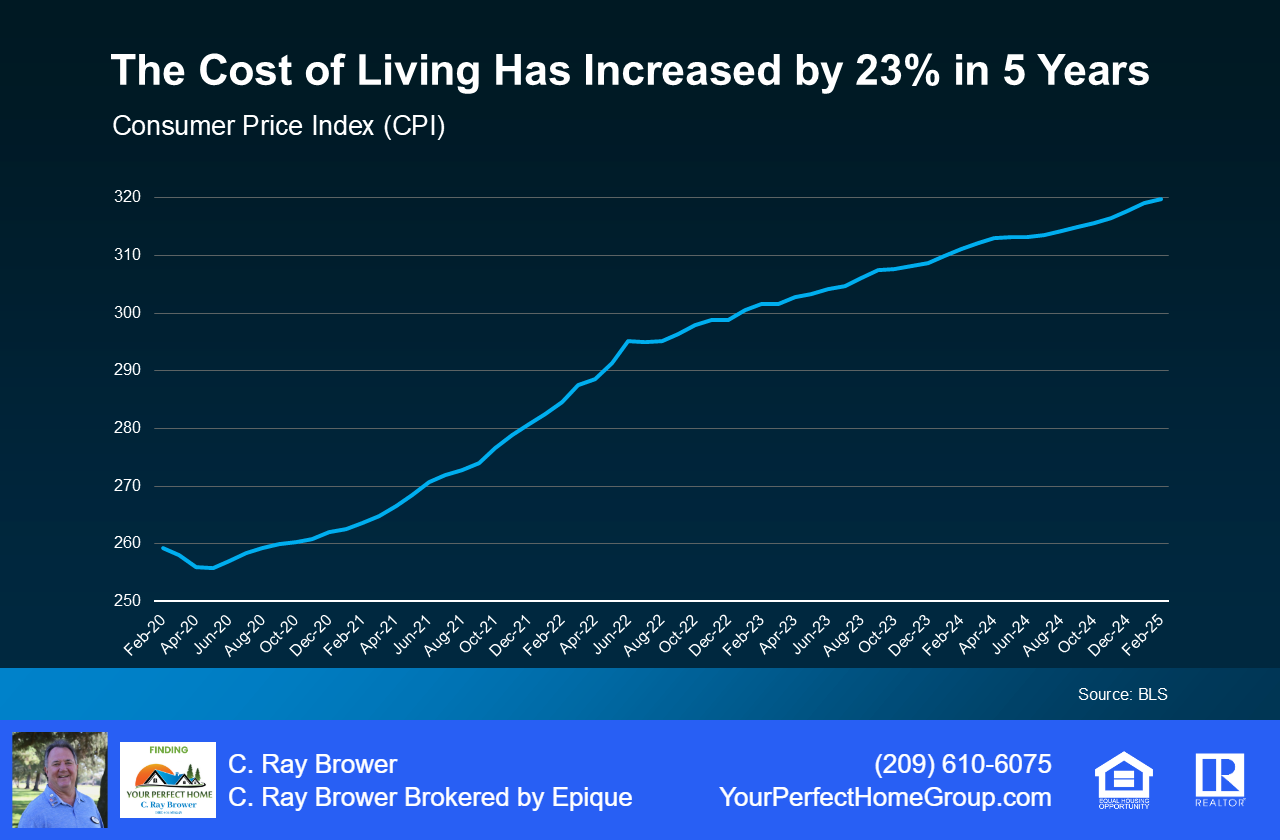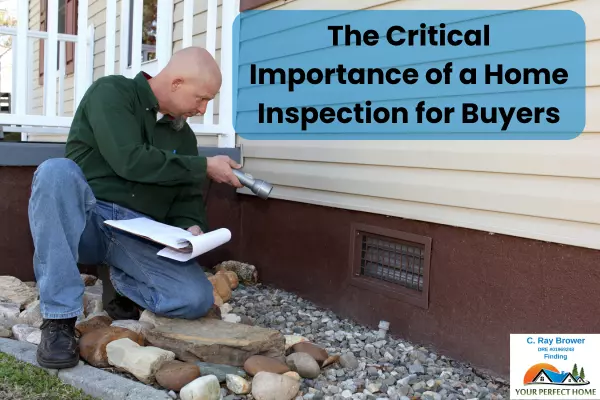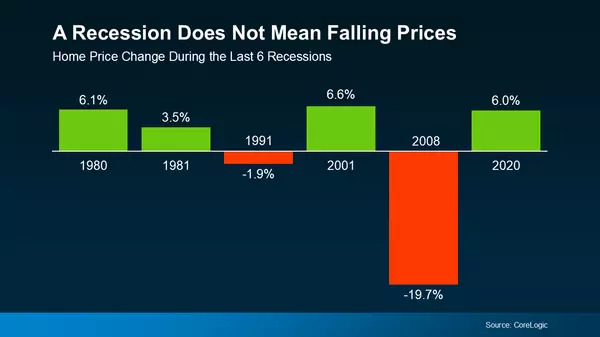Is Your Current Home Aligned with Your Retirement Goals?

Retirement is more than just a significant milestone; it's the gateway to a vibrant new chapter in life. After dedicating decades to the workforce, this period offers the freedom to slow down and live according to your terms, exploring passions and enjoying the fruits of your labor. However, as you transition into this fulfilling phase, it's crucial to consider whether your current living situation aligns with the retirement lifestyle you've envisioned. The choice of where and how you live during retirement can significantly impact your comfort, financial security, and overall happiness. As the cost of living rises, reflecting on whether your home suits your anticipated budget and lifestyle needs becomes even more essential. This decision ensures that retirement is enjoyable and financially sustainable, allowing you to embrace this special time without undue financial stress.
Evaluating Your Current Home for Retirement
As you get closer to retirement, assessing whether your current home meets your future needs becomes critical. This query gains even greater importance in light of recent economic changes; notably, the Bureau of Labor Statistics (BLS) reports a 23% increase in the cost of living over the past five years. Such figures are based on the Consumer Price Index (CPI), which tracks the evolution in the average prices consumers pay for a broad basket of goods and services. This stark rise in living expenses calls for a strategic review of your retirement planning, particularly in how your housing situation aligns with your financial capabilities. Understanding these economic trends is crucial as they directly influence your ability to maintain a comfortable and stable lifestyle throughout your retirement years, making it essential to consider adjustments to your living arrangements as part of your broader financial strategy for retirement.

The Financial Implications of Rising Costs
The rising cost of living, as highlighted by recent CPI data, underscores the need for effective financial strategies to make your retirement savings last. One popular approach among retirees for managing their finances more effectively is relocating to areas with a lower cost of living. This strategic move can lead to significant savings on daily expenses such as housing, utilities, and local taxes, particularly if coupled with downsizing to a smaller, more manageable home. Such adjustments help stretch your retirement funds and free up resources to invest in activities that enrich your life post-retirement, like traveling, pursuing new hobbies, or spending quality time with loved ones. Embracing this strategy can open up new possibilities for living a fulfilling life in retirement while ensuring that your financial health remains robust, enabling you to make the most of these golden years without the burden of financial stress.
Relocation as a Strategy for Cost Management
Many retirees find that relocating to areas with a lower cost of living can significantly extend their retirement funds. Moving to a less expensive area or downsizing can reduce daily expenses and allocate more resources to enjoying retirement—traveling, engaging in hobbies, or spoiling grandchildren.
Local vs. Distant Relocation Choices
While considering relocation for a more cost-effective retirement, it's important to recognize that significant moves aren't always necessary. Sometimes, the best financial decision might be to relocate to a suburb rather than a distant state, as suburban areas offer a more affordable cost of living than urban centers. This can have a substantial impact on your retirement savings and day-to-day expenses. As emphasized by Go Banking Rates,
"How much you should have saved for retirement depends on a few key factors, including your location. Where you choose to spend your golden years is critical."
Evaluating your living situation doesn't necessarily mean a drastic change; even a modest move can significantly influence your financial health and quality of life. Analyzing the cost benefits of different locations, whether they are close by or in entirely new regions, is a crucial step in planning for a retirement that is as stress-free and enjoyable as possible.
How Real Estate Professionals Can Assist
Navigating the transition into retirement can be smoother with the assistance of a knowledgeable real estate agent. They play a crucial role in helping you evaluate your current living situation and explore potential new homes that align with your retirement goals. Whether you're considering downsizing, relocating closer to family, or moving to an area where your savings will stretch further, a real estate agent can provide valuable insights and support. They can facilitate the sale of your current home and connect you with trusted agents in other regions if you're considering a significant move. By leveraging their expertise, you can make informed decisions that meet your immediate housing needs and ensure your long-term financial stability and happiness during retirement.
Bottom Line
You've worked hard to retire; it should be a time of enjoyment and fulfillment. If your current home or location doesn't fully support the lifestyle you envision for your golden years, it may be time to explore new possibilities that could enhance your quality of life. Whether seeking a more affordable cost of living, finding a community that matches your retirement lifestyle, or simply requiring a change of scenery, considering a move could be a significant step towards realizing your ideal retirement. Let's discuss how a strategic relocation or home adjustment can bring your retirement dreams closer to reality and ensure you maximize this rewarding phase of your life.
Recent Posts







GET MORE INFORMATION


